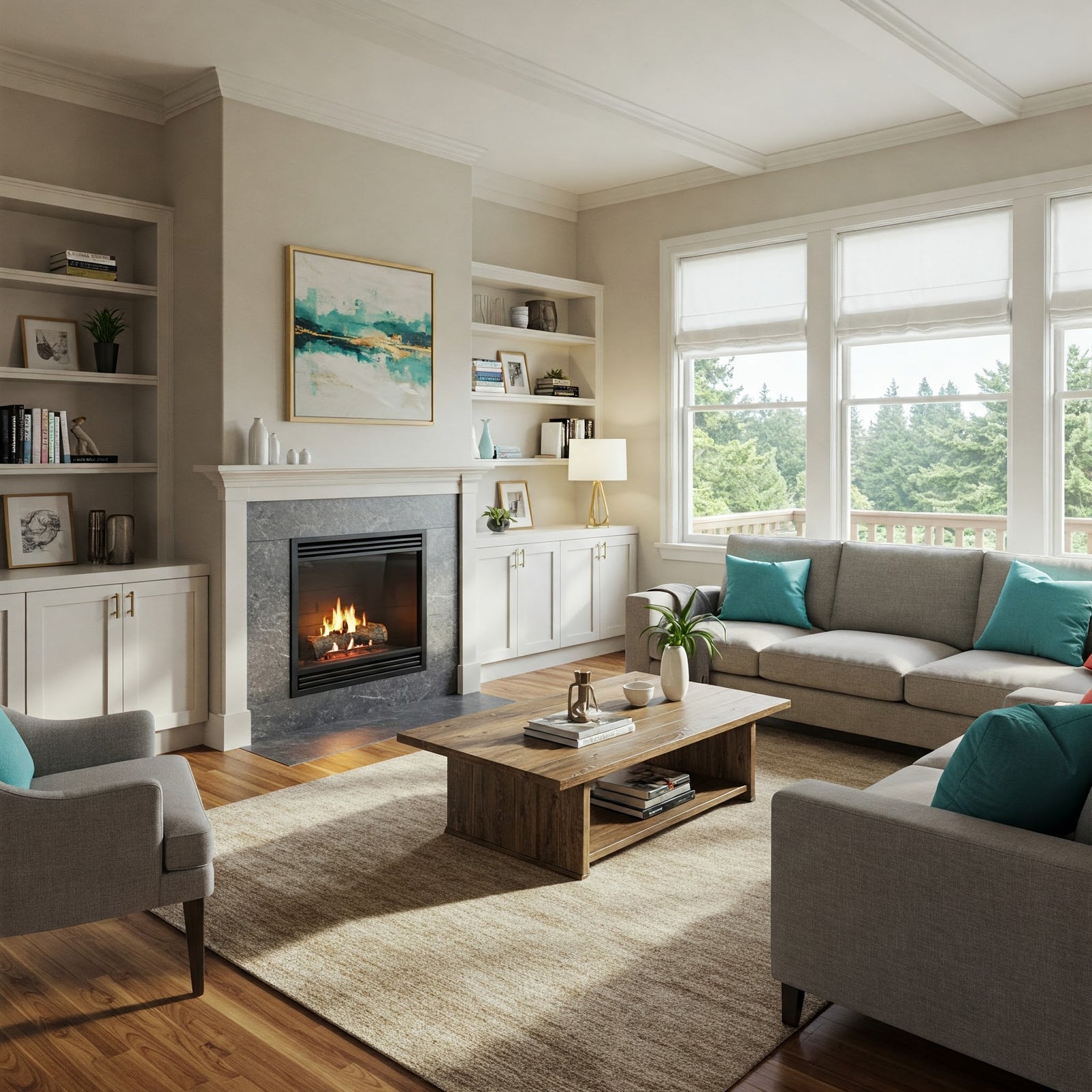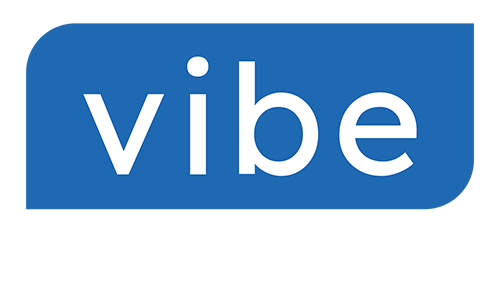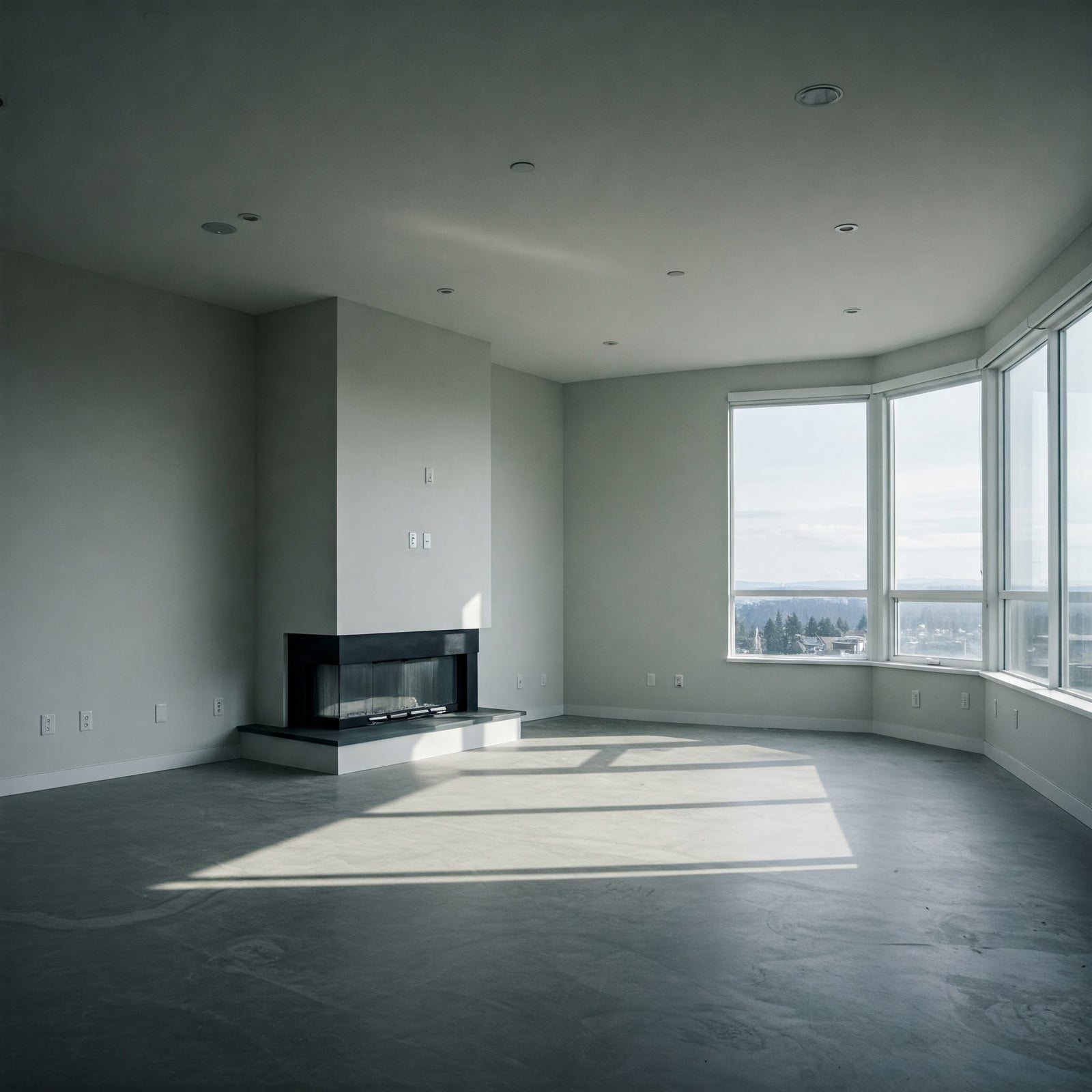So, you're looking to sell a property in beautiful Victoria, BC, and it happens to be vacant. Maybe you've already moved into your new dream home (congrats!), it's an investment property, or perhaps it's an estate sale. Whatever the reason, selling an empty house has its own unique set of quirks and considerations. While it might seem simpler than selling a home you're still living in, there are a few things we, as your friendly Vibe Collective REALTORS®, think you should keep in mind. Let's unpack the pros, cons, and a few Victoria-specific pointers!
Why Might a Home Be Vacant?
Homes can be vacant for various reasons when they hit the market:
- The owners have already relocated.
- It was a rental property, and the tenants have moved out.
- It's an inherited property.
- It's a newly built home.
- The owners are in a care facility.
Understanding these reasons can sometimes help in strategizing the sale, but regardless of the "why," the "how" of selling a vacant property involves some special attention.
The Bright Side: Potential Pros of Selling a Vacant Home
Let's start with the positives, because there certainly are some!
- Easy Showings: This is a big one! Potential buyers and their REALTORS® can often view the home on short notice without you having to scramble to tidy up or vacate. More showings can mean a quicker sale.
- Faster Possession: Buyers who need to move quickly will find a vacant home very attractive. This can be a significant negotiating chip.
- A Blank Canvas for Staging: An empty home is a stager's dream! It allows for professional staging to showcase the home's full potential without having to work around existing furniture. (More on staging later!)
- Less Disruption for You: No need to keep your home in pristine, show-ready condition 24/7 while also trying to live in it. Phew!
- Highlighting Features: Without personal belongings, architectural features, views, and the overall space can sometimes be more apparent to buyers.
The Other Side of the Coin: What Sellers Often Overlook (The Cons & Risks)
While easier showings are great, vacant homes come with their own set of challenges and potential headaches if not managed properly. It's not just about locking the door and walking away!
During the Preparation Phase
- Deep Cleaning & Repairs are Magnified: Every scuff mark, dusty corner, or dripping tap seems to shout for attention in an empty room. A thorough deep clean and addressing all those little (and big) repairs is crucial.
- Ongoing Maintenance: The lawn still needs mowing, leaves need raking, and in Victoria, the infamous moss might try to make a comeback on pathways or the roof. Gutters need to be clear, especially with our rainy season. Neglecting this can quickly make a property look unkempt and uncared for.
- Utilities are a Must: You'll need to keep utilities (hydro, gas, water) connected. This is vital for showings (no one likes touring a dark, cold house!), maintaining the property's condition (preventing pipes from freezing in a rare cold snap), and for any inspections.
While on the Market
- The "Desperation" Perception: Some buyers might assume a vacant home means a desperate seller, potentially leading to lower offers. A strategic pricing and marketing plan from your REALTOR® is key here.
- Security Risks: This is a biggie. Empty homes can be targets for break-ins, vandalism, or even squatters. Regular checks are essential.
- Atmosphere (or Lack Thereof): Empty rooms can feel cold, uninviting, and surprisingly, can even look smaller to some buyers. It’s harder for them to visualize their life there without any cues.
- Unnoticed Problems: A small leak or a pest problem can go unnoticed for longer in a vacant home, potentially leading to bigger, costlier issues.
When Under Contract
- Maintaining Condition: The property must remain in the same condition as it was when the offer was accepted. This means continued vigilance with maintenance and security right up until the closing date.
- Final Walk-Through Scrutiny: Buyers may do a final walk-through, and in an empty house, any new issues or overlooked old ones will be very apparent.
The Critical Role of Insurance
This is a point that cannot be stressed enough! When your property becomes vacant, your standard homeowner's insurance policy may no longer provide adequate coverage, or could even be voided.
- Inform Your Insurer Immediately: The moment you know the property will be vacant (even during the selling process), contact your insurance provider. Different insurers have different definitions of "vacant" vs. "unoccupied" (unoccupied might mean you intend to return and your belongings are still there, while vacant typically means it's empty). In BC, a home is often considered vacant after 30 to 60 days of being empty (Source: InsureBC, AMC Insurance).
- Vacant Home Insurance is Likely Necessary: You'll probably need to switch to a "Vacant Home Insurance" policy. This type of insurance is specifically designed for the increased risks associated with empty properties.
- It Can Be Pricier: Be prepared for potentially higher premiums. Insurers see vacant homes as higher risk due to potential for undetected damage (like a burst pipe) or vandalism.
- Specific Conditions May Apply: Your insurer might require regular documented visits to the property (e.g., every 48-72 hours), specific security measures, or maintaining the heat at a certain level. Failure to comply could jeopardize your coverage.
- Consequences of Non-Disclosure: Failing to inform your insurer about the vacancy could lead to a denied claim if something goes wrong. Imagine a major water leak or a break-in, and finding out you're not covered – a devastating scenario.
Your BC Financial Services Authority (BCFSA) licensed insurance broker is your best resource for navigating these requirements.
Victoria-Specific Considerations for Vacant Homes
Our lovely corner of the world has its own nuances:
- Our Mild, Wet Climate: While we don't usually get deep freezes, our damp winters can be problematic for vacant homes.
- Mould and Mildew: Insufficient ventilation in an empty house can lead to mould or mildew growth, especially in bathrooms or basements. Ensure there's some airflow, or consider a dehumidifier if necessary.
- Rain, Rain, Go Away (But It Won't): Ensure gutters and downspouts are clear to prevent water ingress or foundation issues. Check for any leaks regularly.
- Landscaping: Things grow year-round here! Regular yard maintenance is non-negotiable to maintain curb appeal.
- Local Bylaws: The City of Victoria has an Abandoned Properties Bylaw (No. 08-058), which regulates and imposes requirements for safeguarding and securing abandoned or unoccupied buildings (defined as unoccupied for over 30 days). This includes ensuring the property is secured against unauthorized entry, vandalism, or fire hazards. Owners can be required to make repairs and secure the property, facing fines for non-compliance. Other municipalities within the Capital Regional District (CRD) like Saanich or Oak Bay will have their own property maintenance standards. It's crucial to be aware of and comply with these.
- Market Dynamics: In a hot seller's market, a vacant home might be snapped up quickly, minimizing some risks. In a slower market, a vacant property that lingers can attract more scrutiny and potential issues. Your Victoria Real Estate Board (VREB) REALTOR® can advise on current conditions.
- BC's Speculation and Vacancy Tax: While typically more of a concern for long-term empty homes rather than those actively for sale, it's good to be aware of this tax. Generally, there are exemptions available for the year a property is sold. Consult with a tax professional for specifics related to your situation.
Setting the Stage: Making Your Vacant Home Shine
An empty house can feel a bit soulless. Staging helps buyers connect emotionally and visualize themselves living in the space. It can define rooms, showcase scale, and create a "wow" factor.
Physical Staging
This involves bringing in actual furniture, art, and accessories to furnish key areas of the home.
- Pros: Creates the most impactful and realistic experience for buyers during showings. It helps them understand room flow and furniture placement. Professionally staged homes often sell faster and for a better price. Local Victoria stagers like At First Sight Staging or The Stage Coach offer these services.
- Cons: It's an investment. Costs can range from a few hundred for a consultation to several thousand dollars for full staging of a home, depending on size and the extent of staging. There are also monthly rental fees for the furniture.
Digital / Virtual Staging

This is where digital furniture and decor are added to photos of empty rooms.
- Pros: Significantly more cost-effective than physical staging (often $30-$75 per image). It's fast and can be a great way to enhance your online presence on the MLS® and other marketing platforms. It allows for showcasing different styles if desired.
- Cons: It doesn't translate to the in-person viewing experience. Buyers will walk into an empty room. If not done well, it can look unrealistic.
- Important Note on Disclosure: It's crucial that any virtually staged photos are clearly disclosed as such. Transparency is key in real estate, and misleading buyers is a breach of ethics and regulations overseen by bodies like the BCFSA.
Your Vibe Collective REALTOR® can discuss which option, or combination, is best for your property and budget.
Tips for a Smoother Vacant Home Sale
- Partner with an Experienced REALTOR®: Shameless plug, but honestly, choose a REALTOR® who understands the unique aspects of selling vacant properties in Victoria. We can help you anticipate challenges and manage the process.
- Regular Property Checks: Arrange for someone (your REALTOR®, a friend, a family member, or a professional home check service like Leave With Ease) to visit the property regularly. This is crucial for security, maintenance, and insurance compliance. They should check for any signs of forced entry, leaks, pests, and ensure heating/systems are working.
- Use Light Timers: Simple timers on a few lamps can create the illusion that someone is home, deterring potential mischief.
- Consider a Security System: Even a basic, visible security system can be a deterrent. Some systems offer remote monitoring.
- Inform Your Neighbours: Let trusted neighbours know the home is vacant and for sale. They can be an extra set of eyes and might report any suspicious activity.
- Price it Right: An overpriced vacant home will sit on the market longer, increasing holding costs and the risk of issues. A competitive price from the outset is vital.
- Strata Properties: If your vacant home is a condo or townhouse, be aware of the Strata Property Act and your strata corporation's bylaws. While recent changes to the Act largely prevent stratas from restricting rentals, there might be rules about moving, insurance requirements specific to vacant units, or security protocols. Ensure your strata insurance and your personal insurance are coordinated.
Legal and Regulatory Landscape
Selling any property involves a framework of rules. As licensed REALTORS®, we adhere to guidelines from several bodies:
- BC Financial Services Authority (BCFSA): This is the primary regulator for real estate professionals in BC, ensuring consumer protection and adherence to the Real Estate Services Act.
- British Columbia Real Estate Association (BCREA): Provides resources, education, and standard forms for REALTORS® in BC.
- Victoria Real Estate Board (VREB): Our local board, which governs REALTOR® conduct and manages the MLS® system locally.
- Canadian Real Estate Association (CREA): Sets the ethical code and trademark standards for REALTORS® across Canada.
- Provincial Legislation: Such as the Strata Property Act, and potentially aspects of the Residential Tenancy Act if there were recent tenants. The Property Disclosure Statement (PDS) must be completed accurately, disclosing all known material latent defects.
Wrapping It Up
Selling a vacant home in Victoria definitely requires some extra TLC and strategic planning. From ensuring the property is secure and well-maintained to navigating insurance requirements and making it appealing to buyers, there's a lot to consider. But don't let that daunt you! With the right preparation and professional guidance from the Vibe Collective team, you can successfully navigate the sale of your empty nest and move on to your next adventure.
Got questions? Thinking of selling a vacant property? We're here to help make the process as smooth and stress-free as possible. Give us a call!
This blog post is intended for informational purposes only and does not constitute legal or financial advice. Real estate transactions are complex, and rules and regulations can change. Always consult with appropriate professionals, such as a lawyer, notary public, accountant, or insurance broker, for advice tailored to your specific situation. As licensed REALTORS® with Vibe Collective, we are members of the Victoria Real Estate Board (VREB), British Columbia Real Estate Association (BCREA), and the Canadian Real Estate Association (CREA), and are regulated by the BC Financial Services Authority (BCFSA).


